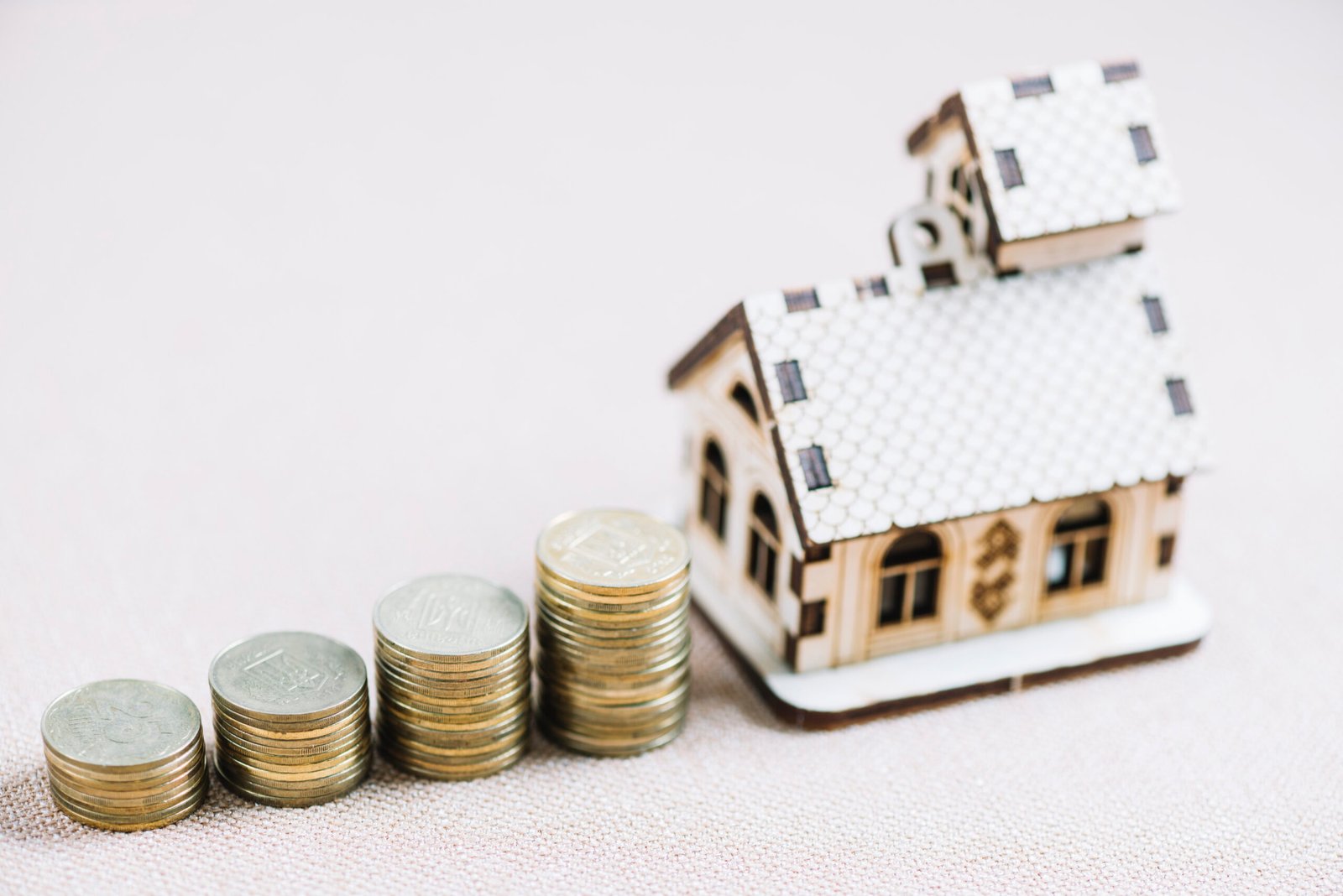Introduction: How to Start Investing in Property
Investing in property is one of the most reliable ways to build wealth over time. Whether you’re looking to create a steady income stream, plan for retirement, or diversify your investment portfolio, real estate offers numerous opportunities. However, starting out can be daunting. This guide will walk you through the essential steps to start investing in property, even if you’re a complete beginner.
Understanding Property Investment
Property investment involves purchasing real estate to generate returns through rental income, appreciation, or both. It’s a long-term strategy that can offer significant financial rewards if approached correctly.

Types of Property Investments
- Residential Properties: Houses, apartments, and condos that are rented out to tenants.
- Commercial Properties: Office buildings, retail spaces, and industrial properties rented to businesses.
- Vacation Rentals: Short-term rental properties, often listed on platforms like Airbnb.
Step 1: Set Clear Investment Goals
Before you start investing in property, it’s crucial to define your goals. Are you looking for short-term gains or long-term wealth accumulation? Do you want to generate rental income, or are you aiming for property appreciation?
Types of Investment Goals
- Income Generation: Focus on properties that can provide steady rental income.
- Capital Appreciation: Invest in properties in areas with potential for value increase over time.
- Tax Benefits: Utilize property investment to benefit from tax deductions and incentives.
Step 2: Understand Your Financial Situation
Property investment requires significant capital. Before diving in, assess your financial situation to determine how much you can afford to invest.
Calculate Your Budget
- Down Payment: Typically, you’ll need at least 20% of the property’s purchase price as a down payment.
- Closing Costs: Budget for additional costs such as legal fees, inspection fees, and taxes.
- Ongoing Expenses: Consider maintenance, property management, insurance, and property taxes.
Check Your Credit Score
A strong credit score is crucial for securing favorable mortgage terms. If your credit score is low, take steps to improve it before applying for a loan.
Step 3: Research the Market
Thorough research is key to successful property investment. Understanding market trends, property values, and rental demand will help you make informed decisions.
Analyzing Real Estate Markets
- Location: Look for areas with strong economic growth, low crime rates, and good schools, as these factors drive property values.
- Market Trends: Study local market trends, such as average property prices and rental rates, to identify potential investment opportunities.
- Future Developments: Consider areas with upcoming infrastructure projects, as these can increase property values.
Utilize Real Estate Tools
- Zillow: Provides property listings and market data.
- Redfin: Offers insights into market trends and property values.
- Realtor.com: Lists properties and provides local market insights.
Step 4: Choose the Right Property
Selecting the right property is crucial to your investment’s success. Consider factors like property type, location, and condition when making your decision.
Types of Properties
- Single-Family Homes: Ideal for beginners due to lower management complexity.
- Multi-Family Properties: Offer higher income potential but require more management.
- Fixer-Uppers: Properties that need renovation, offering the potential for higher returns.
Key Considerations
- Neighborhood: Choose a neighborhood with strong rental demand and low vacancy rates.
- Condition: Be prepared to invest in repairs or renovations if needed.
- Rental Yield: Calculate the potential rental income versus the property’s cost to ensure a good return on investment.
Step 5: Secure Financing
Financing is a critical step in property investment. Various options are available depending on your financial situation and investment goals.
Mortgage Options
- Conventional Loans: Fixed-rate mortgages are popular for their predictability.
- FHA Loans: Require lower down payments and are accessible to first-time investors.
- HELOC (Home Equity Line of Credit): Allows you to borrow against the equity in your home.
Alternative Financing
- Private Lenders: Offer flexible terms but often at higher interest rates.
- Real Estate Crowdfunding: Pool funds with other investors to buy properties collectively.
Step 6: Purchase the Property
Once you’ve secured financing and selected a property, it’s time to make the purchase.
The Buying Process
- Make an Offer: Work with a real estate agent to make a competitive offer on the property.
- Property Inspection: Hire a professional to inspect the property for any potential issues.
- Closing the Deal: Finalize the purchase by signing the necessary documents and paying closing costs.
Step 7: Manage Your Investment
Managing your property effectively is crucial for maintaining its value and ensuring steady rental income.
Property Management Options
- Self-Management: Handle tenant screening, rent collection, and maintenance yourself.
- Property Management Companies: Hire professionals to manage the property, especially if you own multiple properties or live far away.
Tenant Management
- Screening Tenants: Check credit scores, rental history, and references to select reliable tenants.
- Lease Agreements: Ensure your lease agreements are legally sound and protect your interests.
- Maintenance: Regularly maintain the property to keep it in good condition and prevent costly repairs.

Conclusion: Start Your Property Investment Journey
Starting in property investment can be both exciting and challenging. By setting clear goals, understanding your finances, researching the market, and choosing the right property, you can set yourself up for success. With proper management and a long-term perspective, property investment can provide significant financial rewards and help you build wealth over time.







Economic Policy: Shaping the Future of Global Economies - Investsu
agosto 24, 2024[…] Read too: How to Start Investing in Property: A Beginner’s Guide […]